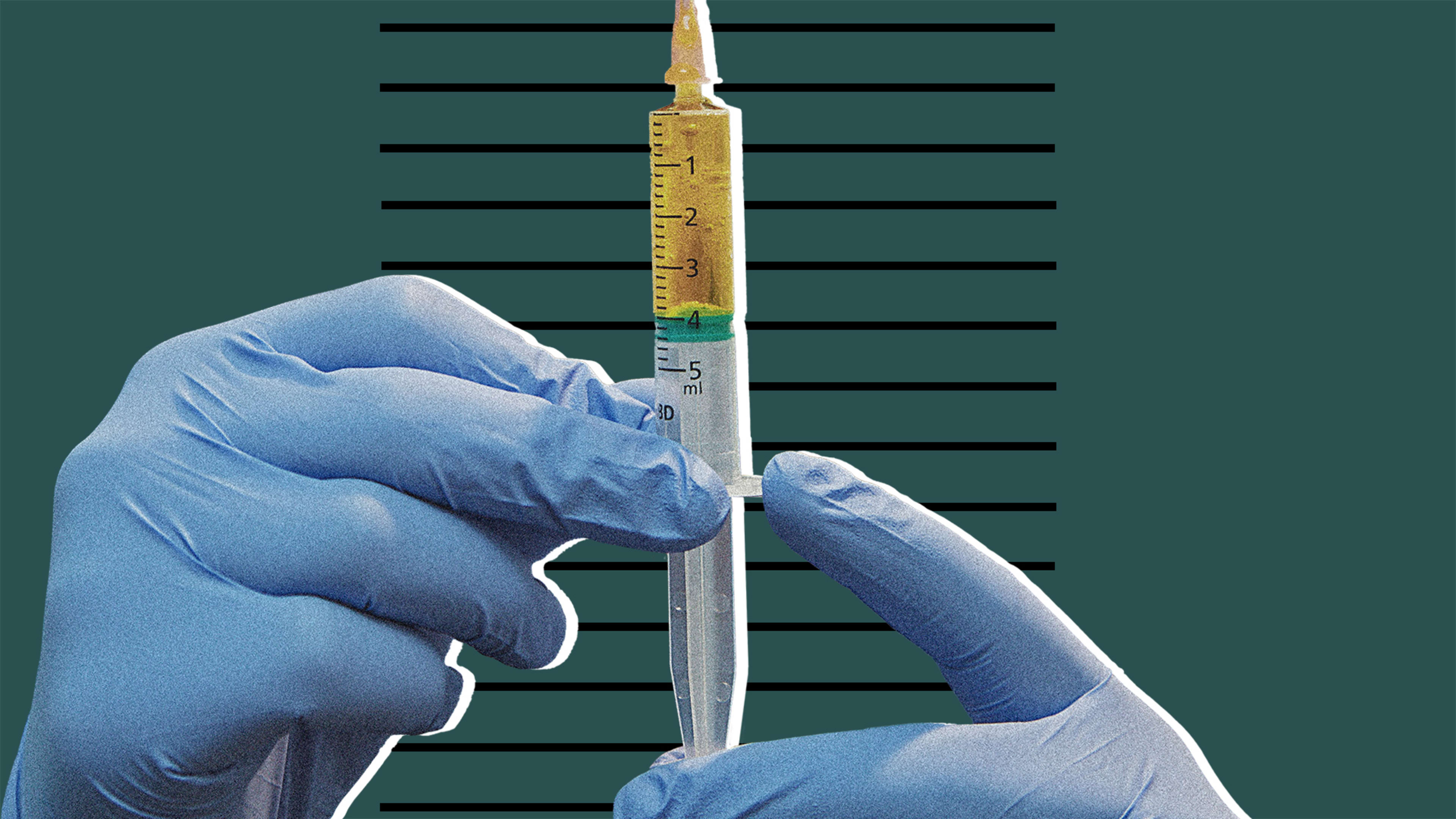Three COVID-19 trials are on hold as cases surge, with an average of over 60,000 new cases per day in the U.S. over the last week. The pauses have exacerbated concerns that vaccines in particular are being rushed through the safety and efficacy trial process.
These kinds of pauses are fairly ordinary in the system for vaccination approval. On Thursday, a member of that National Institute of Health addressed the holds on clinical trials for Johnson & Johnson and AstraZeneca at a meeting of the Vaccines and Related Biological Products Advisory Committee, which is providing oversight to the many COVID-19 vaccine efforts.
“Adverse events are expected in both the vaccine and placebo group,” said Hilary Marston, a medical officer at the National Institutes of Health and a policy adviser for Pandemic Preparedness, at the meeting. “We are finding these events because we are specifically looking for them, and we are looking for them according to tried and true processes.”
She emphasized that COVID-19 clinical vaccine trials are being made more efficient, but are still being done in a way to ensure that any vaccine approved under emergency use authorization is safe and effective.
“Recent regulatory holds are signs the systems are working as expected,” she said. “We are finding these cases and working them up thoroughly.”
AstraZeneca was the first to pause its vaccine trial, first in July and then again in September. Both pauses were related to a patient experiencing neurological symptoms. On an investor call, AstraZeneca CEO Pascal Soriot specified that one patient was diagnosed with multiple sclerosis unrelated to the vaccine, and the second experienced spinal inflammation known as transverse myelitis, according to STAT News. In response to multiple reports about one of its participants experiencing transverse myelitis, AstraZeneca told CNN that it was still investigating and had not arrived at a final diagnosis.
The company has since resumed clinical trials in the U.K., India, Brazil, South Africa, and Japan, but not in the U.S., where participants await their second vaccine dose. One of AstraZeneca’s participants in Brazil reportedly died during the trial, according to Reuters, but had not received the experimental vaccine and so the trial will continue.
Then, in October, two other COVID-19 clinical trials hit pause. On October 12, Johnson & Johnson temporarily halted its phase III clinical trial on a COVID-19 vaccine due to an “unexplained illness” in one of its participants. The following day, a site tracking COVID-19 developments published an email Eli Lilly sent to sites testing its monoclonal antibody treatment for COVID-19, telling them to pause enrollments. The company later confirmed the pause. A safety board is set to review the trial on October 26, according to The New York Times.
“Pauses occasionally happen. You just rarely hear about them,” said Paul Offit, a professor of pediatrics who leads vaccine education at Children’s Hospital of Philadelphia and sits on the Vaccines and Related Biological Products Advisory Committee, over email. “Because I don’t know the details of the clinical issues that would explain the pauses, I can’t really guess how long they will last.”
News outlets such as CNN are calling for transparency around the reasons for pauses. But as Offit points out, releasing data to the public on clinical trials is tricky at least in part due to patient privacy concerns.
“Transparency is always an issue with these pauses—a conflict between privacy issues for the patients and the public’s need to know exactly what is going on,” he says.
The CDC is aware that Americans are already hesitant to take a vaccine. Janell Routh, a medical officer who works on viral diseases at the National Center for Immunization and Respiratory Diseases at the CDC, says that concerns include safety, vaccine side effects, vaccine effectiveness, and whether sufficient testing of the vaccine was done within their demographic, according to a recent CDC survey. Respondents said they want more information and will take a wait-and-see approach in the six months after the vaccine becomes available.
As a result, the CDC is rolling out a vaccination campaign called “Vaccinate With Confidence” aimed at combating vaccine hesitancy, which may be growing. In a recent YouGov poll, only 36% of Americans said they would definitely get a COVID-19 vaccine. In the public comment portion of the Vaccines and Related Biological Products Advisory Committee meeting, Robert Kaplan, adjunct professor of medicine and public health at Stanford University, noted that rushing an approval could increase the skepticism of a vaccine.
“We need more transparency,” he said.
Recognize your brand’s excellence by applying to this year’s Brands That Matter Awards before the final deadline, June 7.
Sign up for Brands That Matter notifications here.
